Why is critical thinking important in education?
Why Is Critical Thinking Important in Education?
Alright. Let’s have a real talk about something that every school, college, or teacher says is important—but no one really explains how to use it in actual life: critical thinking.
You’ve probably heard it tossed around in classrooms or buried in those cheesy “21st-century skills” posters like:
“Be a critical thinker!”
“We value problem-solvers!”
“Don’t just memorize—analyze!”
But what even is critical thinking? And why should students—already drowning in homework, tests, and essays—care about it?
Because, my friend, critical thinking isn’t just another academic buzzword.
It’s the difference between:
- blindly accepting whatever you’re told vs. asking, “Wait, is that actually true?”
- memorizing facts vs. connecting ideas to make your own conclusions
- panicking during a test vs. calmly figuring out what the question is really asking
So yeah, it matters. A lot.
Let’s break down what critical thinking really is, how it shows up in education, and why it’s the one skill that might actually save your brain in school and real life.
🧠 So… What Is Critical Thinking?
Let’s keep it simple.
Critical thinking is the ability to:
- Ask questions
- Spot patterns
- Analyze situations
- Challenge assumptions
- Solve problems
- And, most importantly: make your own conclusions
Think of it like this:
Your brain = a detective.
Critical thinking = the magnifying glass it uses to investigate the truth.
Instead of just hearing something and going, “Okay,” you pause and go:
“Hmm. Is that logical?”
“Where’s the evidence?”
“Could there be another explanation?”
“What if this perspective is biased?”
That’s critical thinking.
🎯 Why Is It So Important in Education?
School isn’t just about facts. It’s about how you use those facts.
And here’s where critical thinking comes in:
1. 🚫 It Stops You from Being a Robot
If you just memorize stuff for the sake of passing exams, you’re basically a walking Google doc.
But when you think critically, you:
- Make sense of information
- Spot flaws in arguments
- Ask better questions
- Learn deeper and longer
It turns you from a passive learner into an active one. And that’s where real learning happens.
2. 📝 It Makes You a Way Better Writer (and Thinker)
Ever tried writing an essay and realized halfway through that you have no idea what you’re trying to say?
That’s where critical thinking saves you.
You learn how to:
- Build strong arguments
- Back up your points with real evidence
- See both sides of a topic
- Avoid logical fallacies (like jumping to conclusions or emotional manipulation)
Your essays become less like, “I hope this sounds smart” and more like, “Here’s my point, here’s why it matters, and here’s the proof.”
And that feels good.
3. 🧪 It Helps in Every Subject (Not Just English or Philosophy)
Critical thinking isn’t just for analyzing Shakespeare or debating ethics.
You use it in:
- Science: “Does this data support the hypothesis? Is there a better method?”
- Math: “Does this approach make sense? Can I solve it another way?”
- History: “Why did this happen? Who benefited? Whose voice is missing?”
- Economics: “What assumptions is this theory based on? What happens if conditions change?”
It’s like a Swiss Army knife for your brain. You’ll use it everywhere.
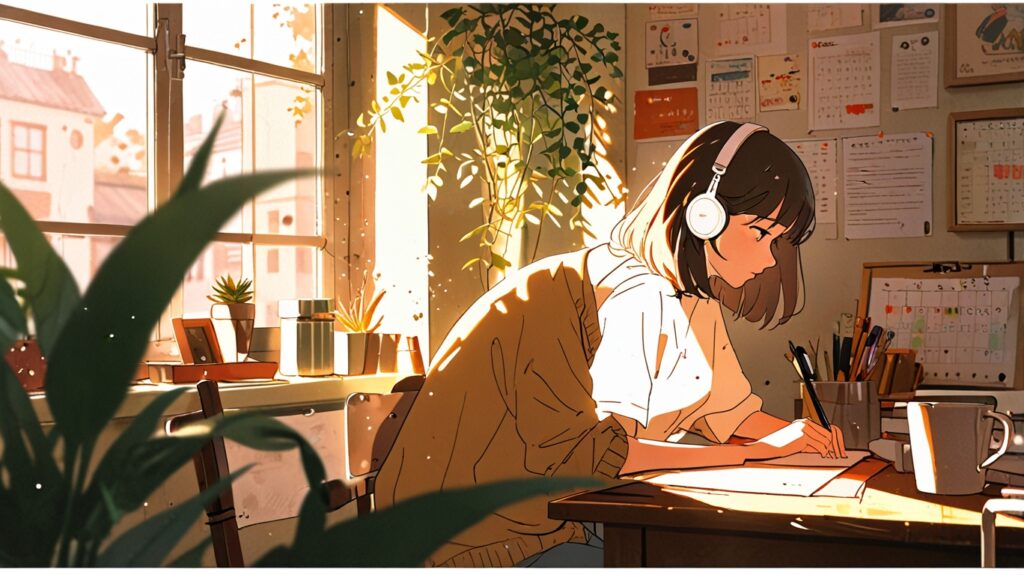
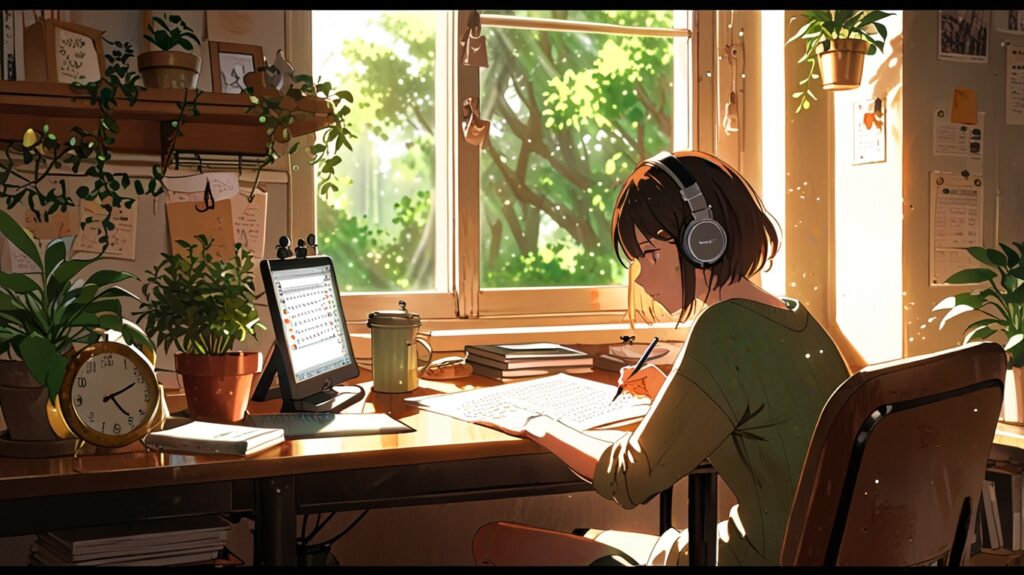

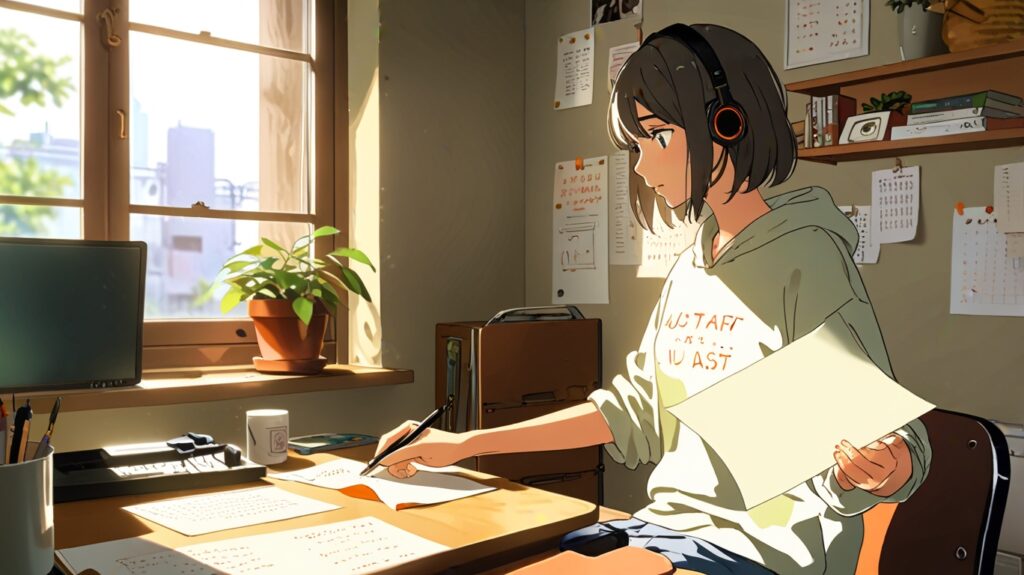
4. 🧩 It Prepares You for Real Life (Yes, Real Life)
School ends. Life doesn’t.
And life is full of:
- Misinformation
- Biased media
- Complex decisions
- Manipulative marketing
- Arguments that sound smart but aren’t
Without critical thinking, you’ll believe anything. With it, you ask:
“Is this opinion backed by facts?”
“What’s the source?”
“Could someone be twisting this?”
In a world full of clickbait and chaos, this skill is essential.
5. 🧘 It Makes You Emotionally Wiser
We don’t always make decisions with logic. Sometimes we react out of fear, anger, or bias. Critical thinking helps you pause and reflect before you react.
It helps you:
- Spot your own biases
- Consider other people’s perspectives
- Make more thoughtful, fair decisions
And let’s be honest—that’s a skill every adult should have but many don’t.
✍️ Real-World Example: Critical Thinking in Action
Let’s say a classmate says:
“Homework doesn’t actually help students learn. I read it online.”
A regular reaction might be: “Yeah, homework sucks. I agree.”
But a critical thinker would say:
- “What was the source of that article?”
- “Was it based on real research or just opinion?”
- “Did they look at different age groups or just high school?”
- “Could there be a middle ground—like meaningful homework vs. busy work?”
You don’t have to be a cynic. But you do have to be curious.
🧠 How Can Students Practice Critical Thinking?
Here’s the good news: you don’t need to be a genius to develop critical thinking. You just need to practice asking better questions.
Try this:
- When reading something, ask: “What’s the author’s purpose? What’s missing?”
- During debates, ask: “What’s the strongest counterargument?”
- Before making a decision, ask: “What are the short-term and long-term consequences?”
- If something feels wrong, ask: “Why does it feel off? Is there an assumption I’m missing?”
Also, don’t just hang around people who agree with you. Challenging ideas is how thinking grows.
Final Thoughts
Critical thinking isn’t about being negative or constantly doubting everything.
It’s about being thoughtful, curious, and clear-headed in a noisy world.
In education, it helps you:
- Learn deeply
- Write better
- Understand more
- See through the nonsense
- Make smarter choices—in and out of the classroom
If knowledge is power, then critical thinking is the battery that makes it work.
So yeah. It’s kind of a big deal.
And the best part? You already have the tools—you just have to use them.
Related Articles from EdgyThoughts.com:
What Are the Best Apps for Student Productivity?
https://edgythoughts.com/what-are-the-best-apps-for-student-productivity/
What Is the Best Way to Revise Before Exams?
https://edgythoughts.com/what-is-the-best-way-to-revise-before-exams/
External Resource:
Explore more about critical thinking in education:
Critical thinking – Wikipedia
https://en.wikipedia.org/wiki/Critical_thinking
How Do Gravitational Waves Work 2025
https://edgythoughts.com/how-do-gravitational-waves-work-2025/
How Do Plants Communicate Underground 2025
https://edgythoughts.com/how-do-plants-communicate-underground-2025/

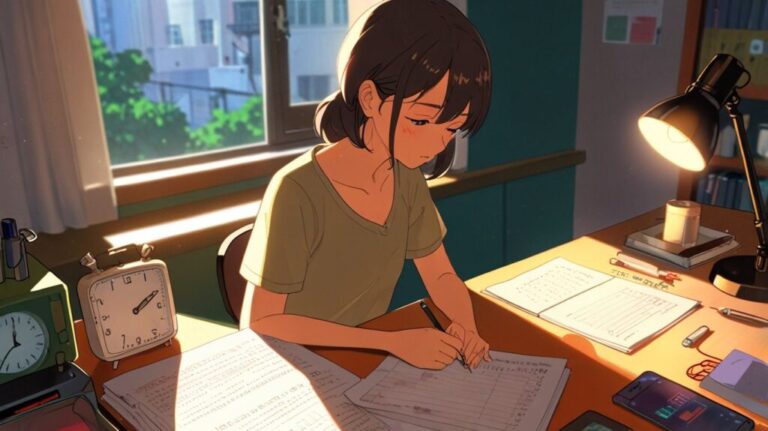

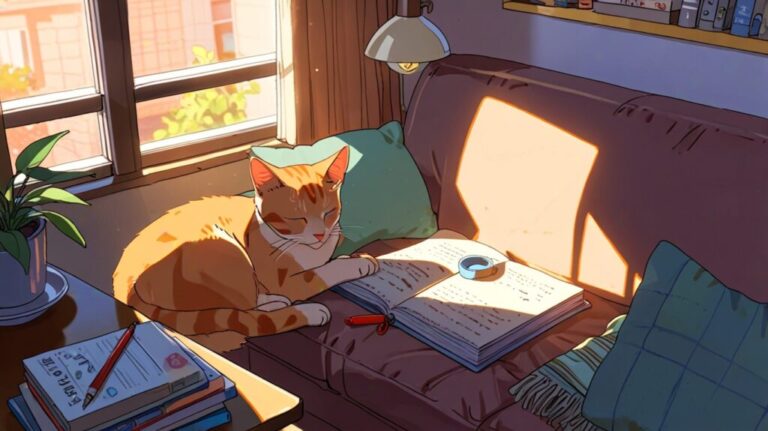
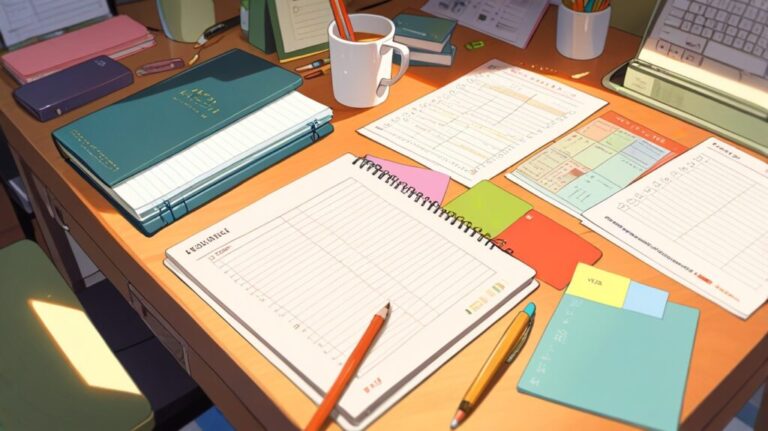

0 Comments